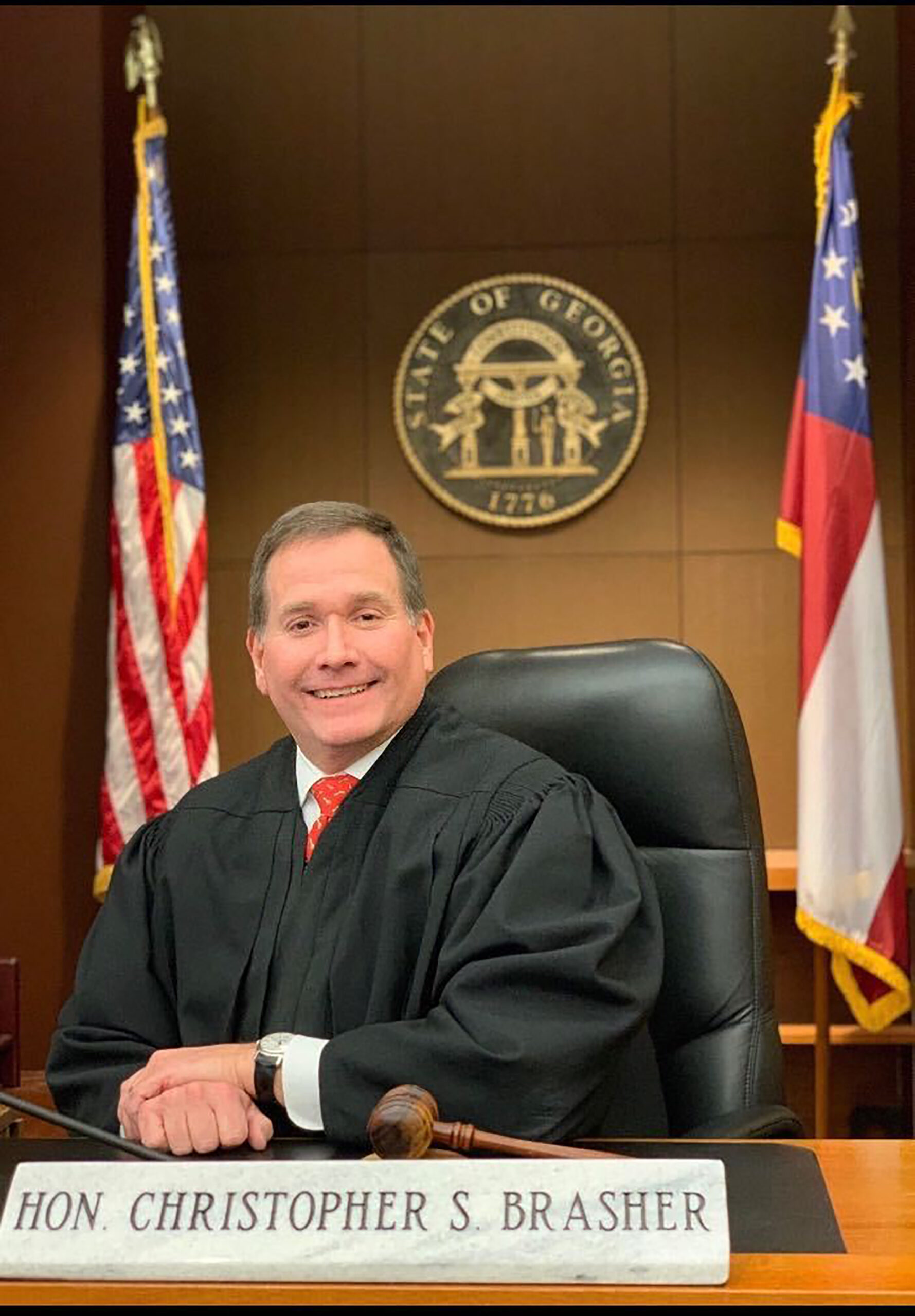Lisa Rayam
,
Lily Oppenheimer
| WABE
April 22nd, 2020
It has been a month since Fulton County Superior Court Chief Judge Christopher Brasher declared a judicial emergency due to the coronavirus pandemic.
That came less than 24 hours after Georgia’s Supreme Court urged all courts to stop “all but essential” functions. The statewide judicial emergency has since been extended until May 13.
That means no criminal trials and no jury trials are taking place, and courts are figuring out, and often struggling with, how to use videoconferencing for essential cases.
Judge Brasher spoke with “Morning Edition” host Lisa Rayam about how the pandemic is affecting the court system.
Brasher said Fulton courts have focused most videoconferencing efforts on clearing inmates out of jail to prevent the spread of COVID-19.
“Since the judicial emergency came into existence in mid-March, we’ve reduced the Fulton County Jail population structurally by about 500 inmates,” Brasher said.
And he said there’s no cap on how many low-level offenders are going to be let out.
“I’ll get a dozen or more cases every day to circulate among my colleagues and see if we can get bond orders signed and get them released,” Brasher said.
Brasher also discussed Fulton County landlords filing more than 1,000 eviction cases against tenants since the judicial order went into effect on March 13.
Cole Thaler, the co-director of the Atlanta Volunteer Lawyers Foundation’s Safe and Stable Homes Program, told WABE that as state court systems reopen in May, there will be a huge need for pro bono attorneys to step up and represent tenants. AVLF and Atlanta Legal Aid officials both say they are stepping up their resources to prepare for a surge of eviction hearings.
“So when we send out that call for help, we have an army of attorneys standing by,” Thaler said.
Many of these tenants calling for legal help, Thaler said, have already been illegally evicted by their landlords during the pandemic. He said AVLF is getting four or five calls a week from Fulton residents who have been illegally evicted, compared to a few of those calls per month before the new coronavirus hit.
“Even though the courts aren’t hearing eviction cases, there are landlords who are taking the law into their own hands and are illegally evicting tenants who have fallen behind on their rent,” Thaler said.
“Meaning they’re going and changing the locks on someone’s home, or throwing all their belongings outdoors, or cutting off utilities, forcing their tenants out. And that is totally illegal. That is a very active and live issue.”
Judge Brasher encouraged those threatened with evictions to reach out to the Atlanta Volunteer Lawyers Foundation, and the Atlanta Legal Aid.









